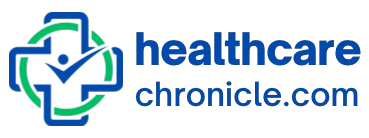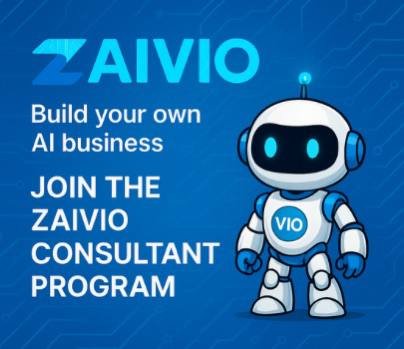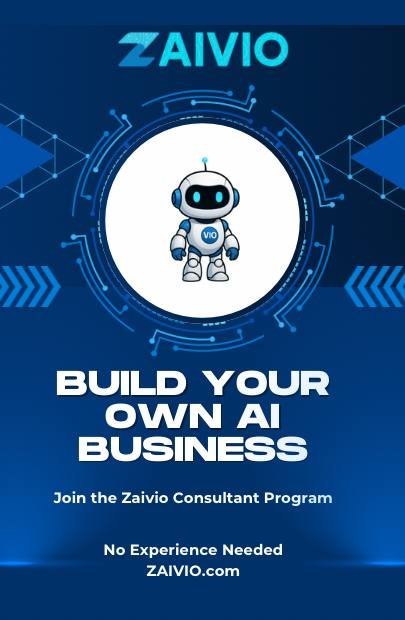Selecting the Ideal Candidate for Neonatal ECMO: A Guide for Healthcare Professionals
In neonatal care, Extracorporeal Membrane Oxygenation (ECMO) represents a critical treatment option for infants experiencing severe but potentially reversible respiratory or cardiac failure. The decision to initiate ECMO involves complex medical, ethical, and emotional considerations, particularly concerning the eligibility of a neonate for this intensive intervention. This article provides healthcare professionals with an evidence-based framework to guide the selection process, ensuring that ECMO is used judiciously to optimize outcomes for the most suitable candidates.
Medical Criteria for ECMO Eligibility
The primary criteria for considering a neonate for ECMO are based on the severity of the condition and the likelihood of recovery with conventional therapies. The specific inclusion criteria include:
Oxygenation Index (OI): An OI > 40 over a sustained period, despite optimal medical management, typically indicates severe lung dysfunction where ECMO may be necessary.
Acute Reversible Pulmonary Diagnosis: Conditions such as meconium aspiration syndrome, persistent pulmonary hypertension of the newborn (PPHN), or respiratory distress syndrome (RDS) are considered reversible with ECMO support.
Gestational Age and Weight: Infants born at > 34 weeks gestation and weighing more than 2000 grams are generally considered viable candidates for ECMO.
Exclusion criteria are equally crucial to prevent undue risk and resource allocation. These include:
Irreversible conditions: Terminal diagnoses or conditions not amenable to support or improvement with ECMO.
Severe brain hemorrhage: Existing significant intracranial hemorrhage is a contraindication due to the anticoagulation required during ECMO.
Preexisting conditions: Chronic diseases that affect long-term prognosis and quality of life, even if ECMO treatment is successful.
Decision-Making Process
The decision to initiate ECMO involves a multidisciplinary team including neonatologists, cardiologists, surgeons, and critical care specialists. The process includes:
Assessment of medical criteria: Comprehensive evaluation against established inclusion and exclusion criteria.
Discussion of potential outcomes: Clear communication within the team about the realistic outcomes and goals of ECMO.
Ethical considerations: Balancing the benefits of ECMO against potential long-term impairments and the quality of life considerations.
Ethical Considerations and Parental Consent
ECMO, while lifesaving, can also lead to long-term complications. Ethical considerations must include discussions about the proportionality of ECMO intervention—weighing the benefits against potential burdens. It is imperative to:
Consider the neonate’s future quality of life.
Involve parents or guardians in the decision-making process from the outset, ensuring that they understand the potential outcomes and limitations of ECMO.
Parental consent is crucial, not just as a legal requirement, but as a cornerstone of ethical medical practice. Consent should be informed, meaning that parents fully understand the risks, benefits, alternatives, and unknowns associated with ECMO.
Conclusion
Selecting the right candidate for neonatal ECMO is a decision that requires careful consideration of medical facts, ethical principles, and compassionate communication with the family. By adhering to a stringent, evidence-based framework, healthcare professionals can make informed decisions that align with the best interests of the neonate and their family, ensuring that ECMO is used effectively and ethically.








